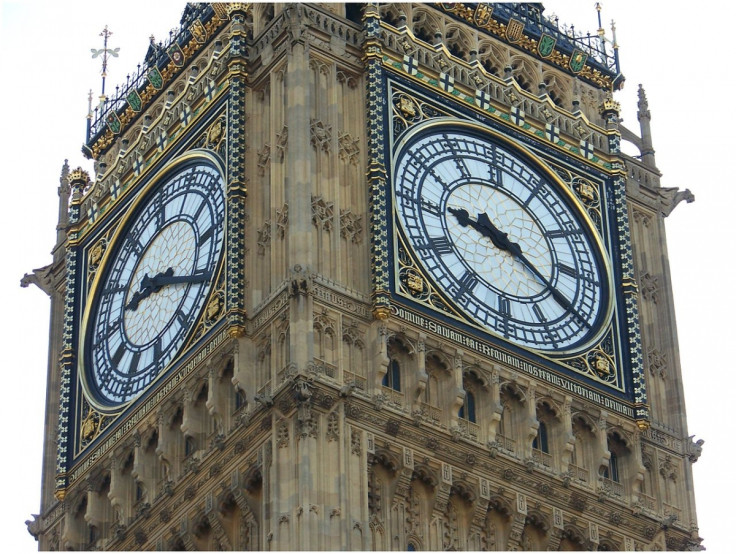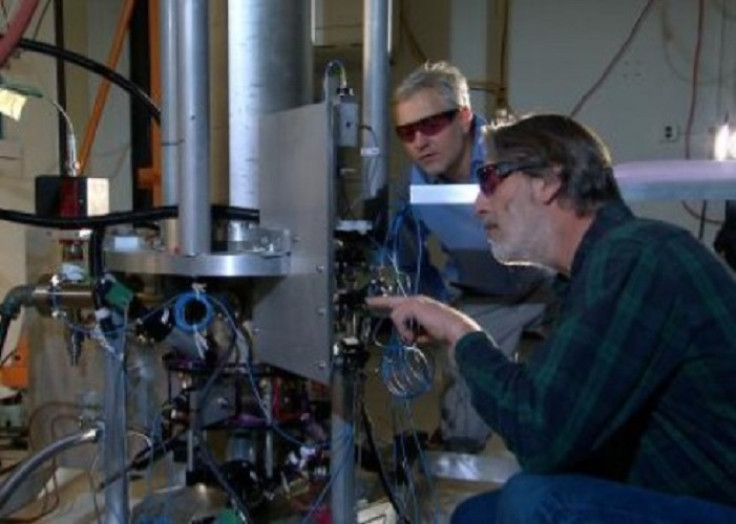World's Most Accurate Atomic Clock NIST-F2 'Will Not Drop a Second in 300 Million Years'

The world's most accurate clock was officially launched by US scientists and will serve as the new civilian time and frequency standard in America.
The atomic clock, named the NIST-F2, is so accurate it will not lose or gain a second in 300 million years. This makes it three times as accurate as its predecessor, the NIST-F1.
Researchers at the US Department of Commerce's National Institute of Standards and Technology (NIST) have been developing their latest atomic clock for the last 10 years.
The team reported its performance to the International Bureau of Weights and Measures, which produces the international standard of the time, the Coordinated Universal Time (UTC).They judged the clock to be the world's most accurate.
NIST clocks provide the basic infrastructure for many technologies, such as mobile phones, GPS satellite receivers and electric power grids.
Both the NIST-F1 and NIST-F2 atomic clocks work by measuring the frequency of a particular transition cesium atom, which is 9,192,631,770 vibrations per second.

The improved accuracy comes from the temperature at which the clock operates – the NIST-F2 works at much colder temperatures which lowers background radiation and reduces some of the tiny errors that occur in NIST-F1.
Cesium clocks date back to 1967 when the second was defined by the vibrations. Since then, clocks have improved in terms of accuracy substantially. While the latest design is the world's most accurate, the researchers say even greater precision is to come.
Improved performance will probably be achieved through clocks based on atoms that switch energy levels and much higher frequencies.
These clocks, or optical atomic clocks, will be able to divide time into even smaller units, which could lead to time standards 100 times more accurate.
Lead designer Steven Jefferts said: "If we've learned anything in the last 60 years of building atomic clocks, we've learned that every time we build a better clock, somebody comes up with a use for it that you couldn't have foreseen."
Speaking to Wired, he added: "In the not too distant future, we will end up redefining the second."
© Copyright IBTimes 2024. All rights reserved.






